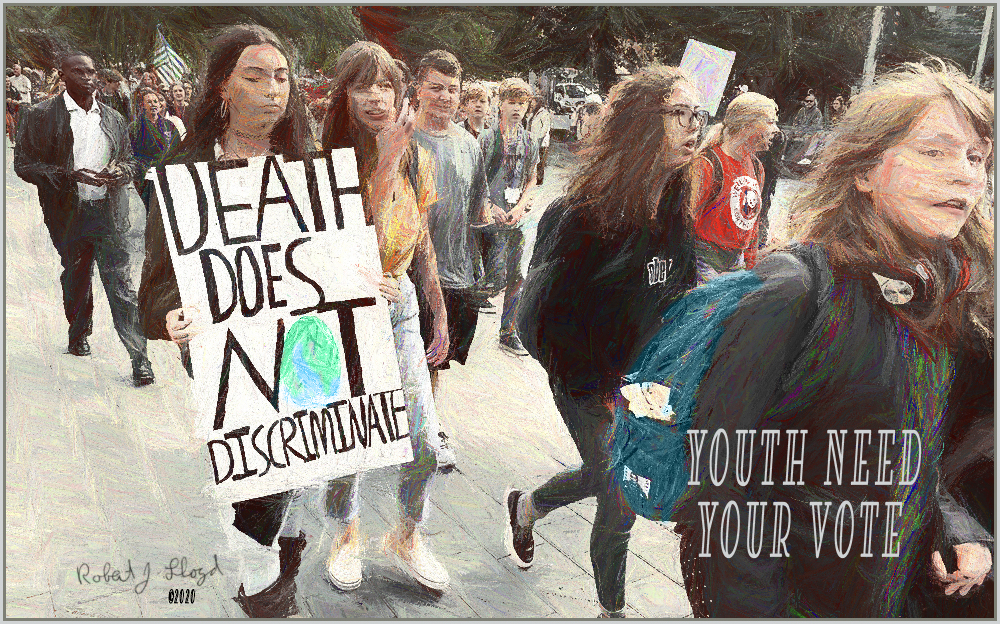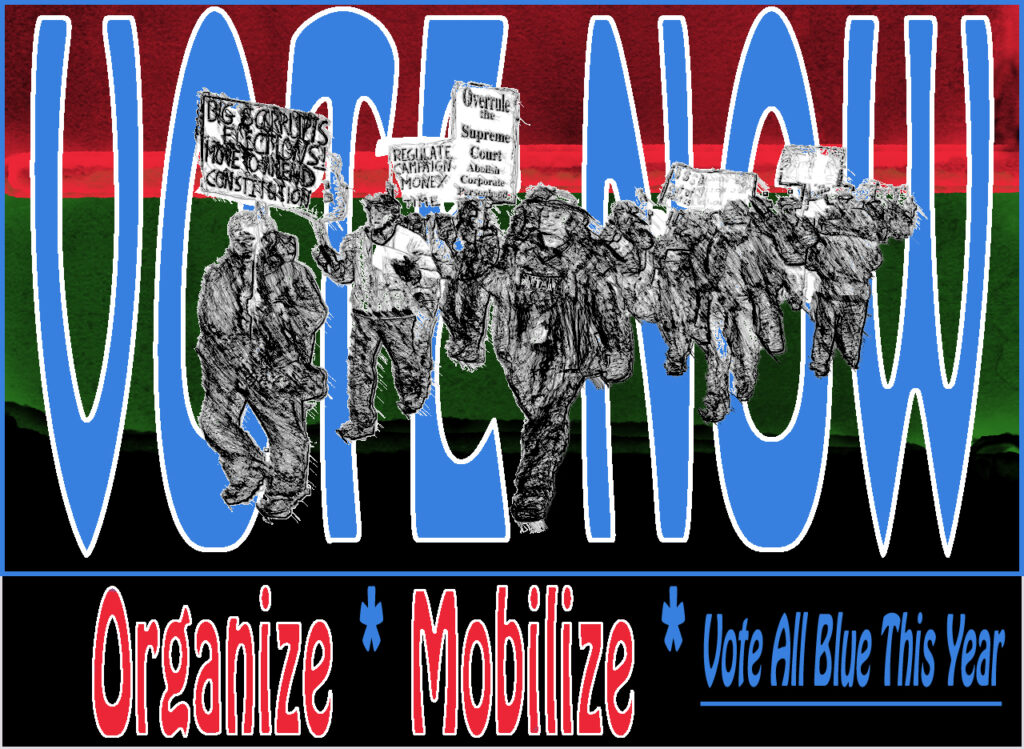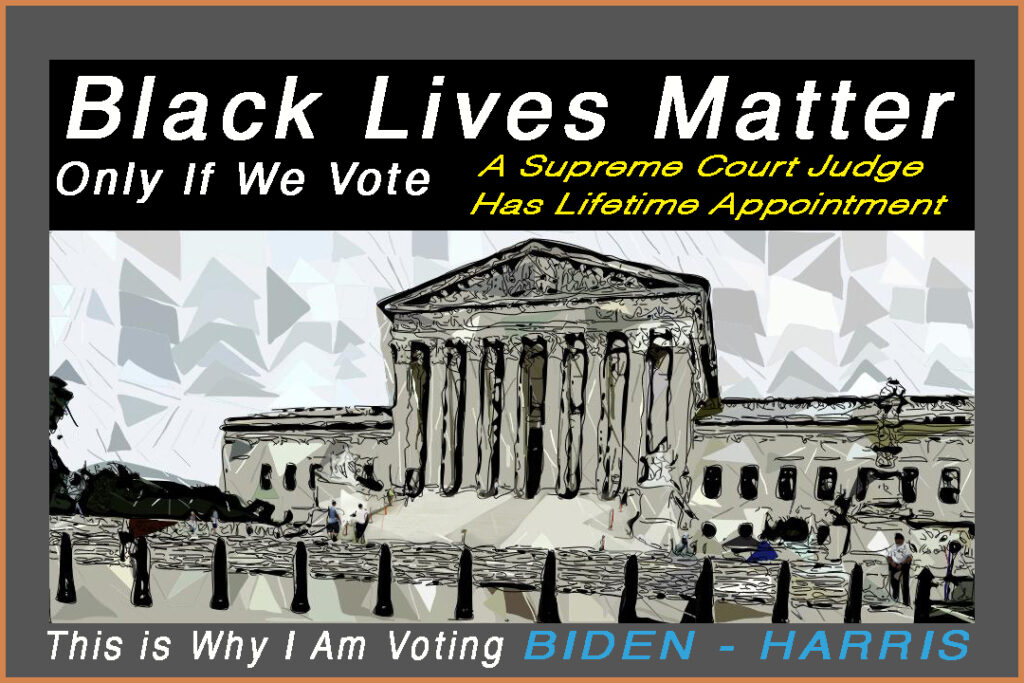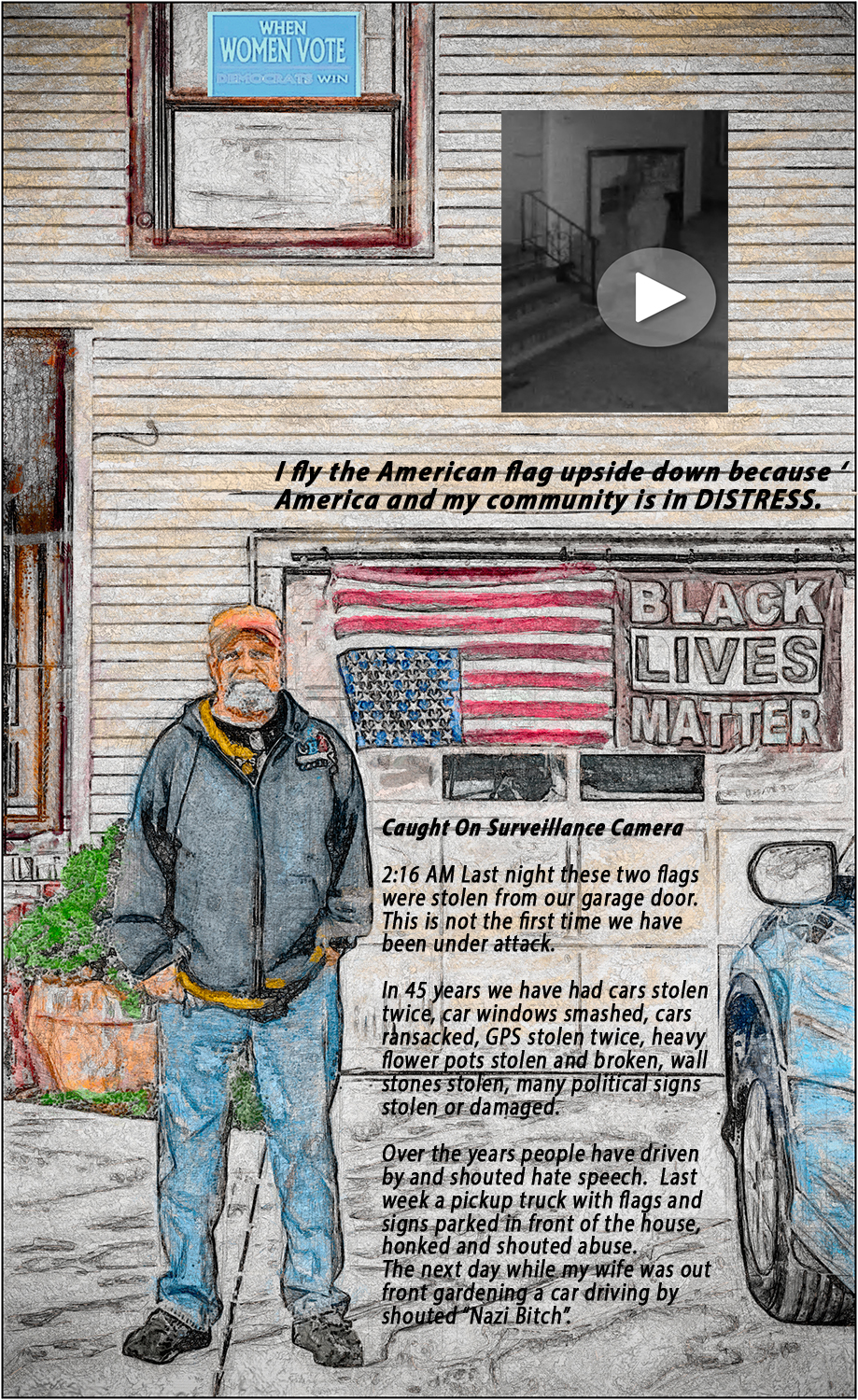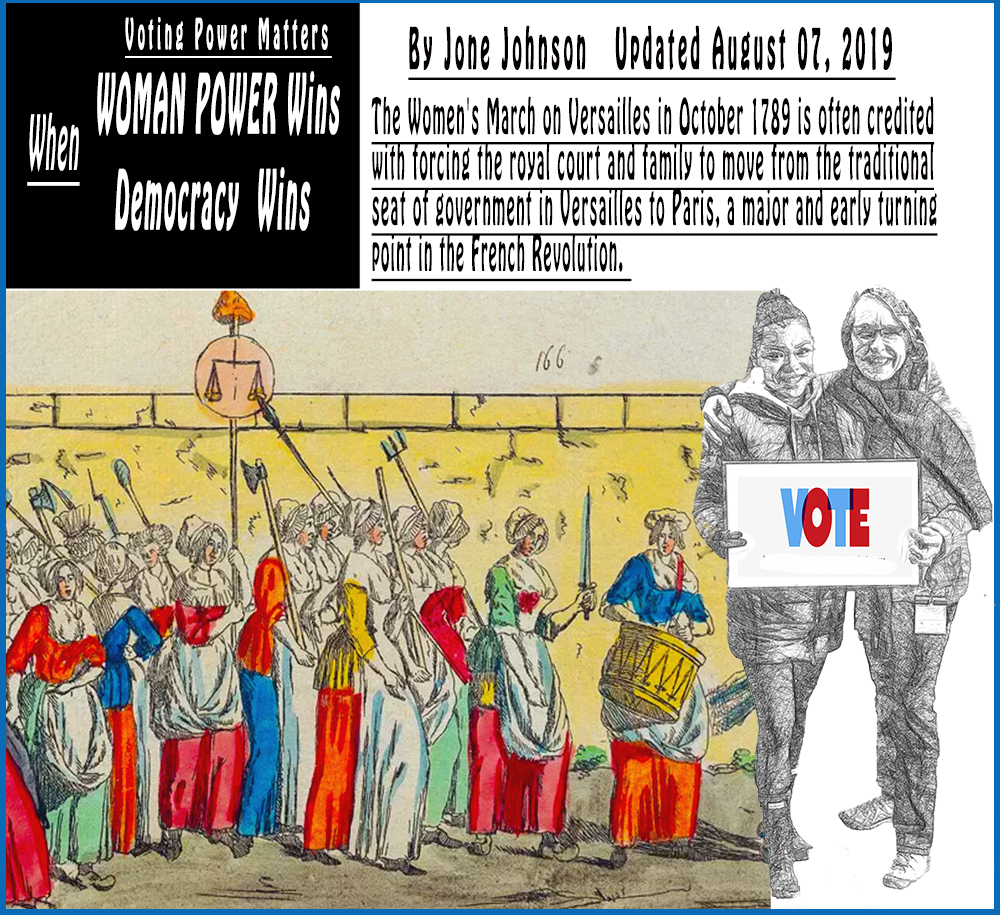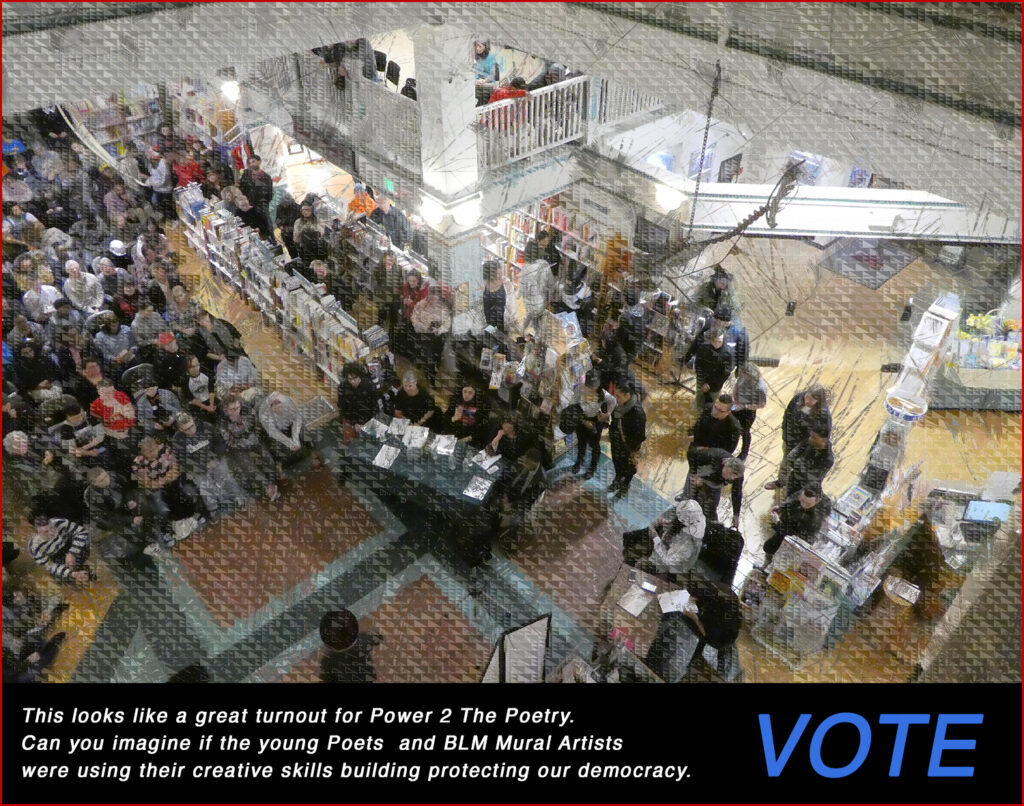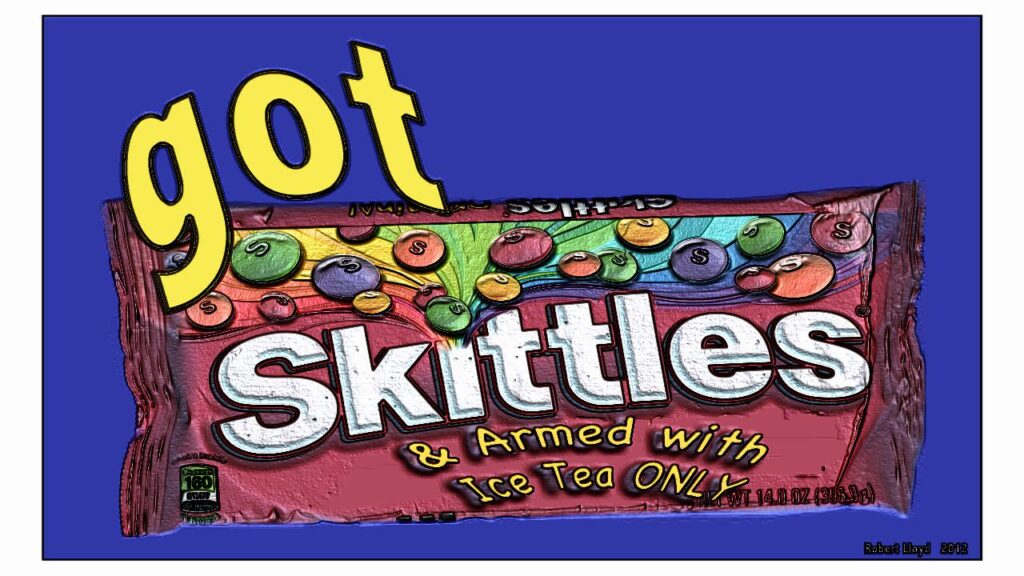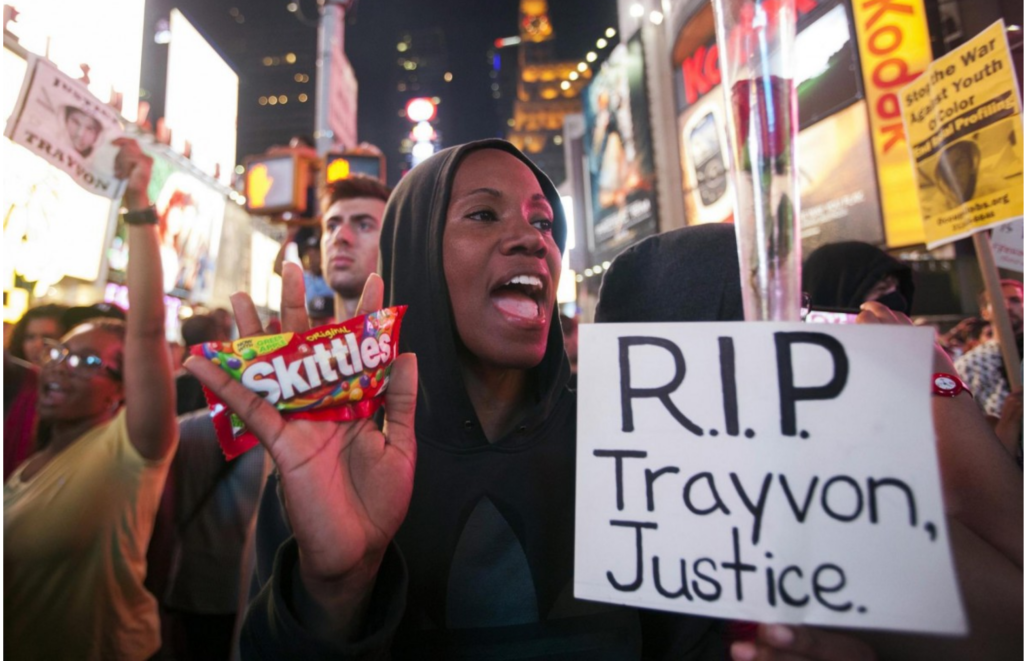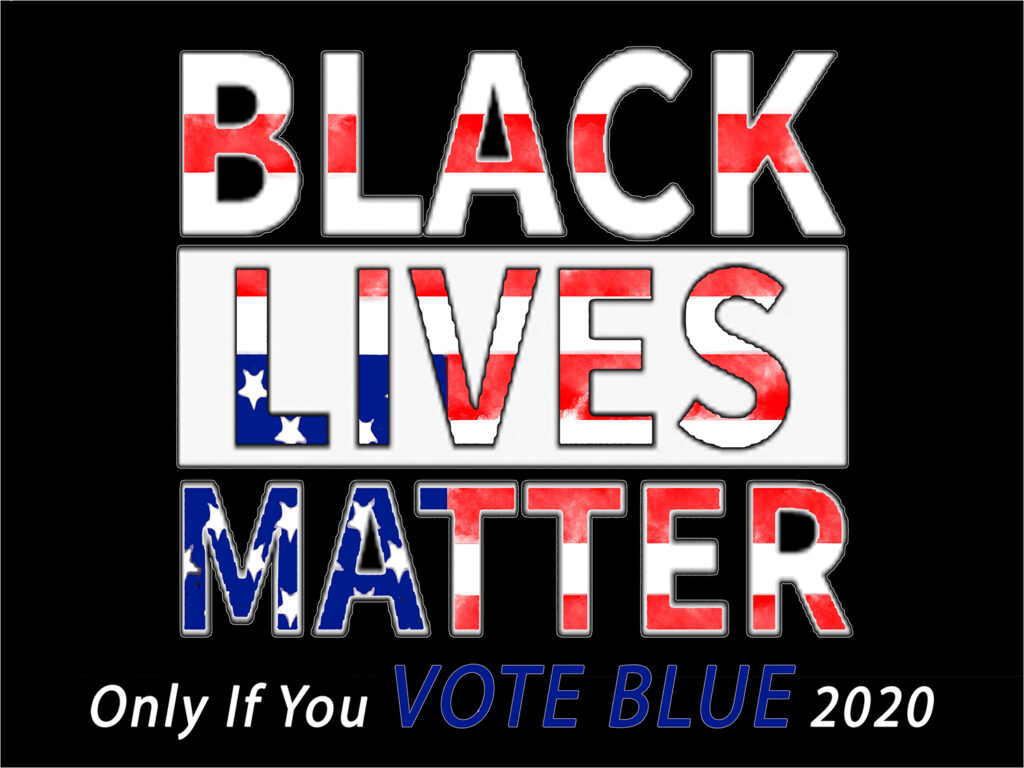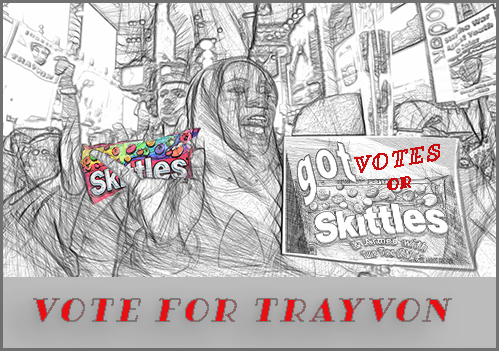
Paula Gordon and Bill Russell From the Leading Edge
Our Deadly Cocktail (excerpts)
Paula Gordon, Huffington Post, 04/18/2012 03:48 pm ET Updated Jun 18, 2012
America’s role in the Trayvon Martin-George Zimmerman tragedy goes down as smoothly as any toxic cocktail: one part guns, one part race, one part stress, stir and duck. We’ve let ourselves become inured to guns, blind to how radically America’s changing racial composition is threatening a very old caste system, and ignorant of what is now knowable about stress. And for garnish? A deaf ear to “lead us not into temptation.”
The gun industry and their consorts among the host of extremists from our political and religious right-wing fringes have shouted down a long overdue, totally legitimate exploration of what place guns have in a society aspiring to be civil, never mind civilized. We’ve demurred when they’ve (mis)quoted the Constitution and mostly resign ourselves to sighs as a highly politicized Supreme Court majority shamelessly redefines the essence of the American Constitution.
So how do we “make sense” of Trayvon’s demise and all the factors indictable in that cruel endgame? What is the sense of America’s appetite for fear and for its purveyors, for atavistic fundamentalisms, for right-wing gun-lust, and for the irrefutably racist elements found across the nation?
We, at least, find a starting point in the actions and words of two very different men who, ironically, share a name.
First, think of George Zimmerman as an Everyman among the countless people, women as well as men, seduced by America’s gun-toting, right-wing agenda. No gun, different story. No “Stand Your Ground,” different story.
Then listen again to what Robert Zimmerman, a.k.a. Bob Dylan, so presciently told us decades ago: “He’s only a pawn in their game.” Full article
Only a Pawn In Their Game : Bob Dylan
A bullet from the back of a bush took Medgar Evers’ blood
A finger fired the trigger to his name
A handle hid out in the dark
A hand set the spark
Two eyes took the aim
Behind a man’s brain
But he can’t be blamed
He’s only a pawn in their game
A South politician preaches to the poor white man
“You got more than the blacks, don’t complain.
You’re better than them, you been born with white skin,” they explain.
And the Negro’s name
Is used it is plain
For the politician’s gain
As he rises to fame
And the poor white remains
On the caboose of the train
But it ain’t him to blame
He’s only a pawn in their game
The deputy sheriffs, the soldiers, the governors get paid
And the marshals and cops get the same
But the poor white man’s used in the hands of them all like a tool
He’s taught in his school
From the start by the rule
That the laws are with him
To protect his white skin
To keep up his hate
So he never thinks straight
’Bout the shape that he’s in
But it ain’t him to blame
He’s only a pawn in their game
From the poverty shacks, he looks from the cracks to the tracks
And the hoofbeats pound in his brain
And he’s taught how to walk in a pack
Shoot in the back
With his fist in a clinch
To hang and to lynch
To hide ’neath the hood
To kill with no pain
Like a dog on a chain
He ain’t got no name
But it ain’t him to blame
He’s only a pawn in their game.
Today, Medgar Evers was buried from the bullet he caught
They lowered him down as a king
But when the shadowy sun sets on the one
That fired the gun
He’ll see by his grave
On the stone that remains
Carved next to his name
His epitaph plain:
Only a pawn in their game
Copyright © 1963, 1964 by Warner Bros. Inc.; renewed 1991, 1996 by Special Rider Music

